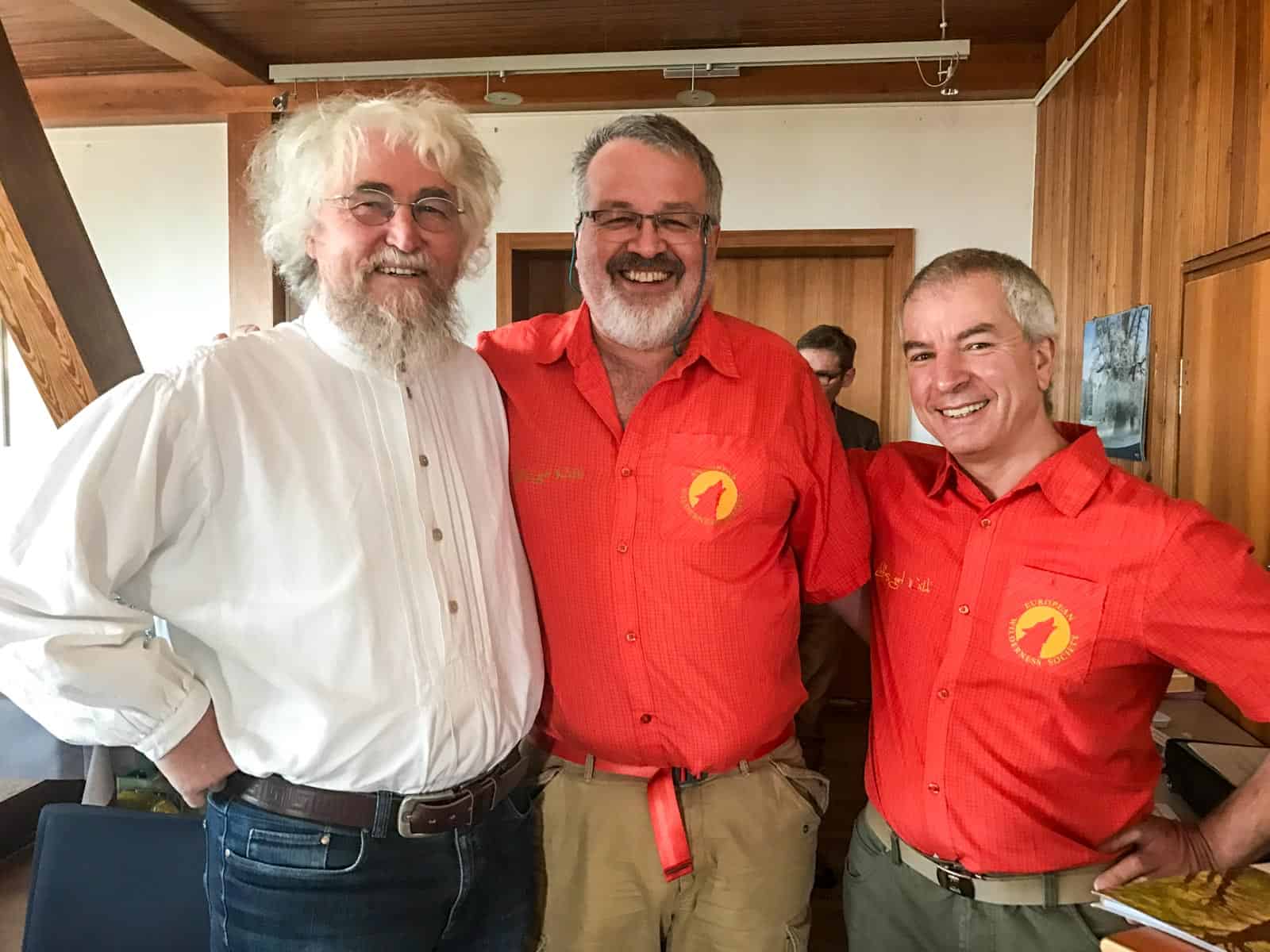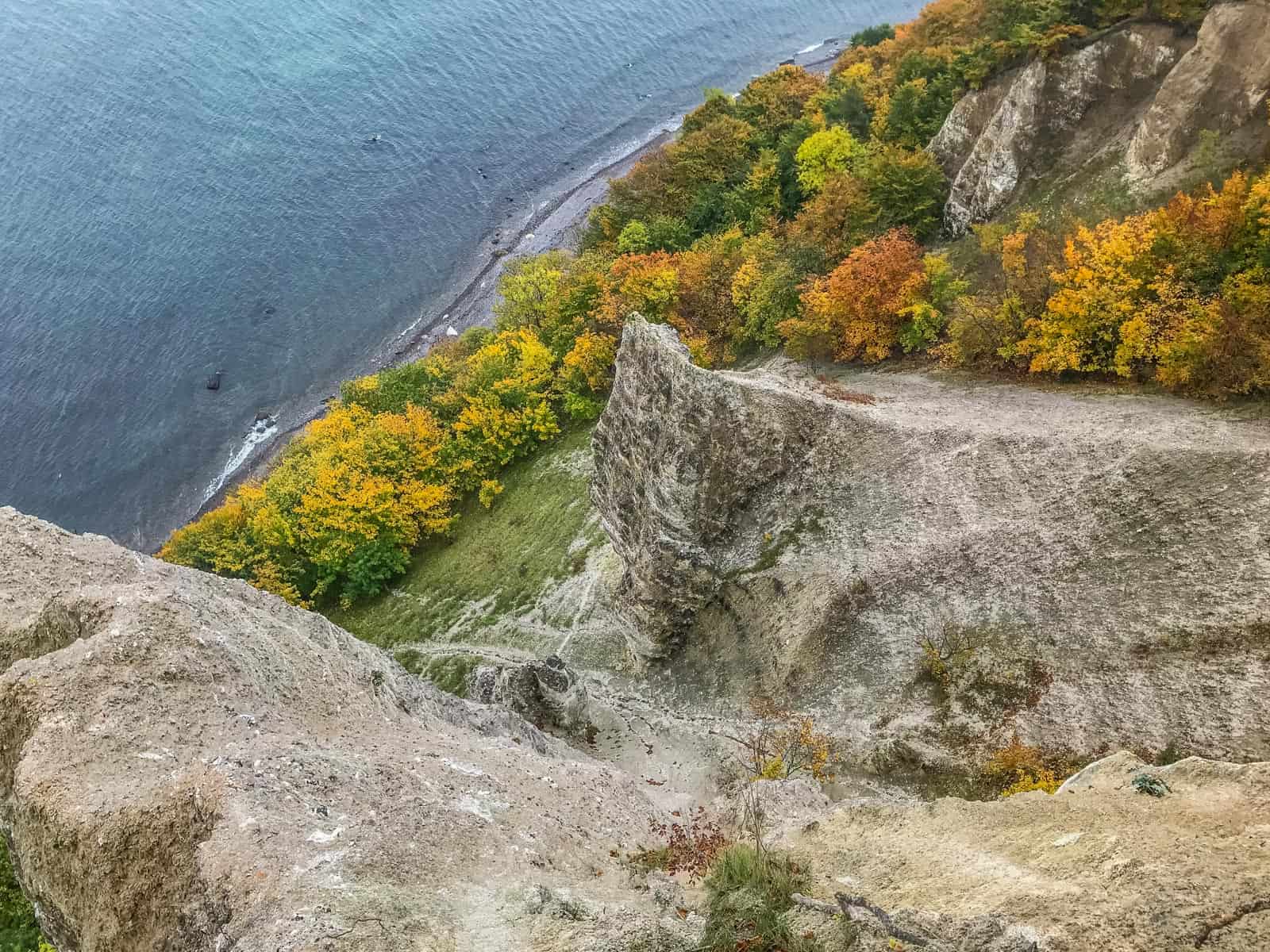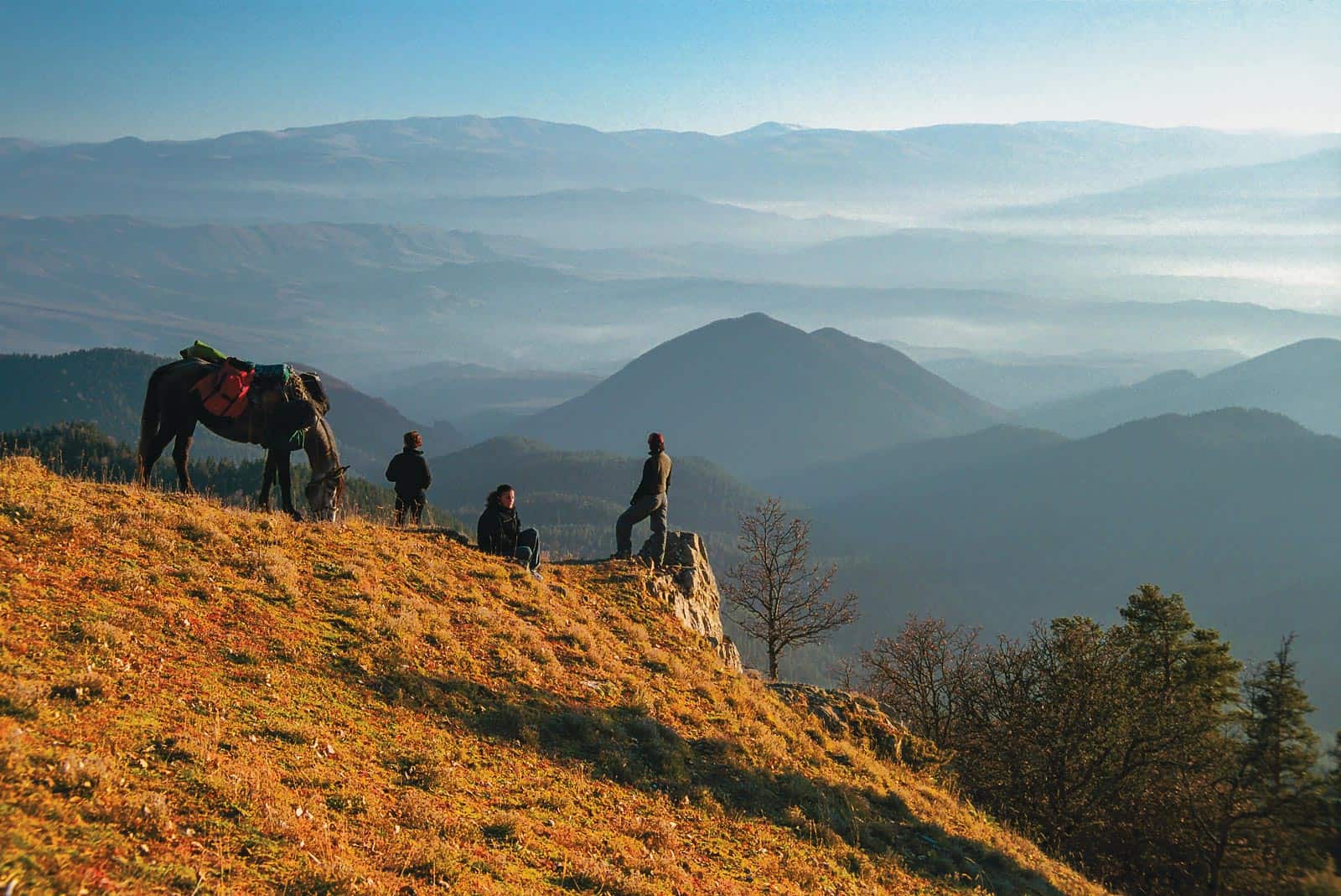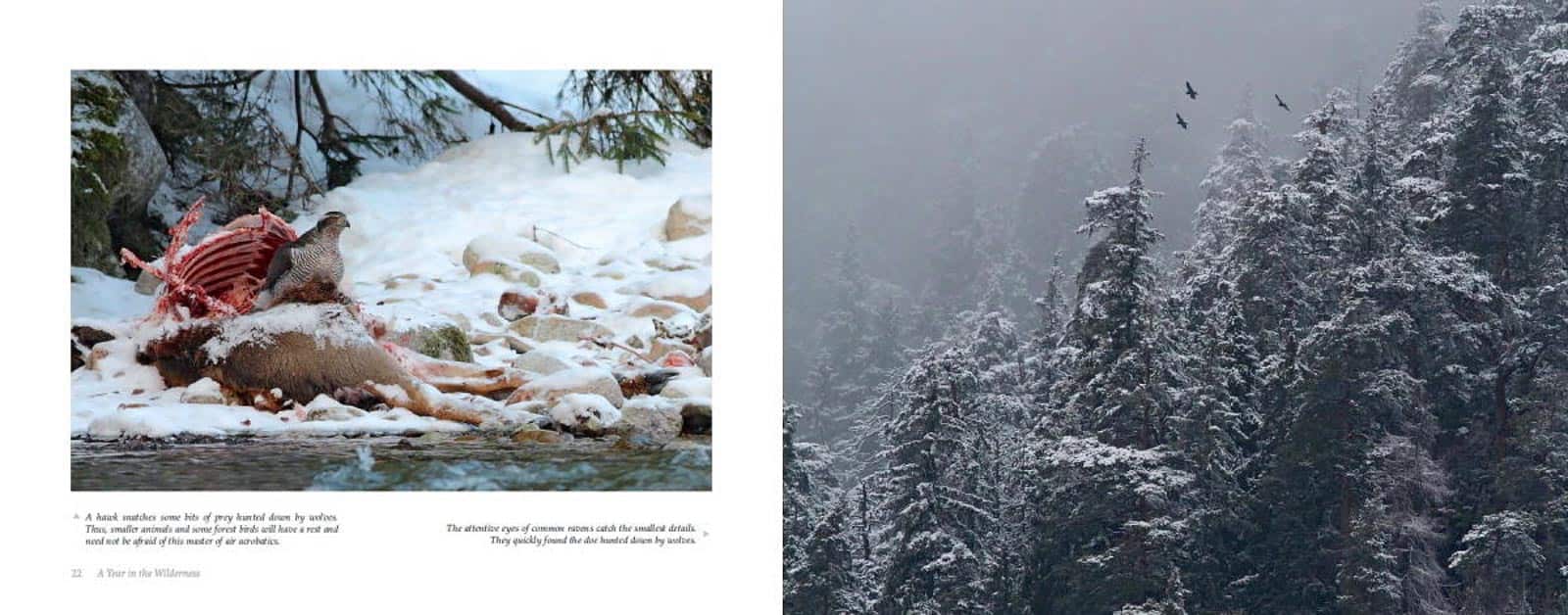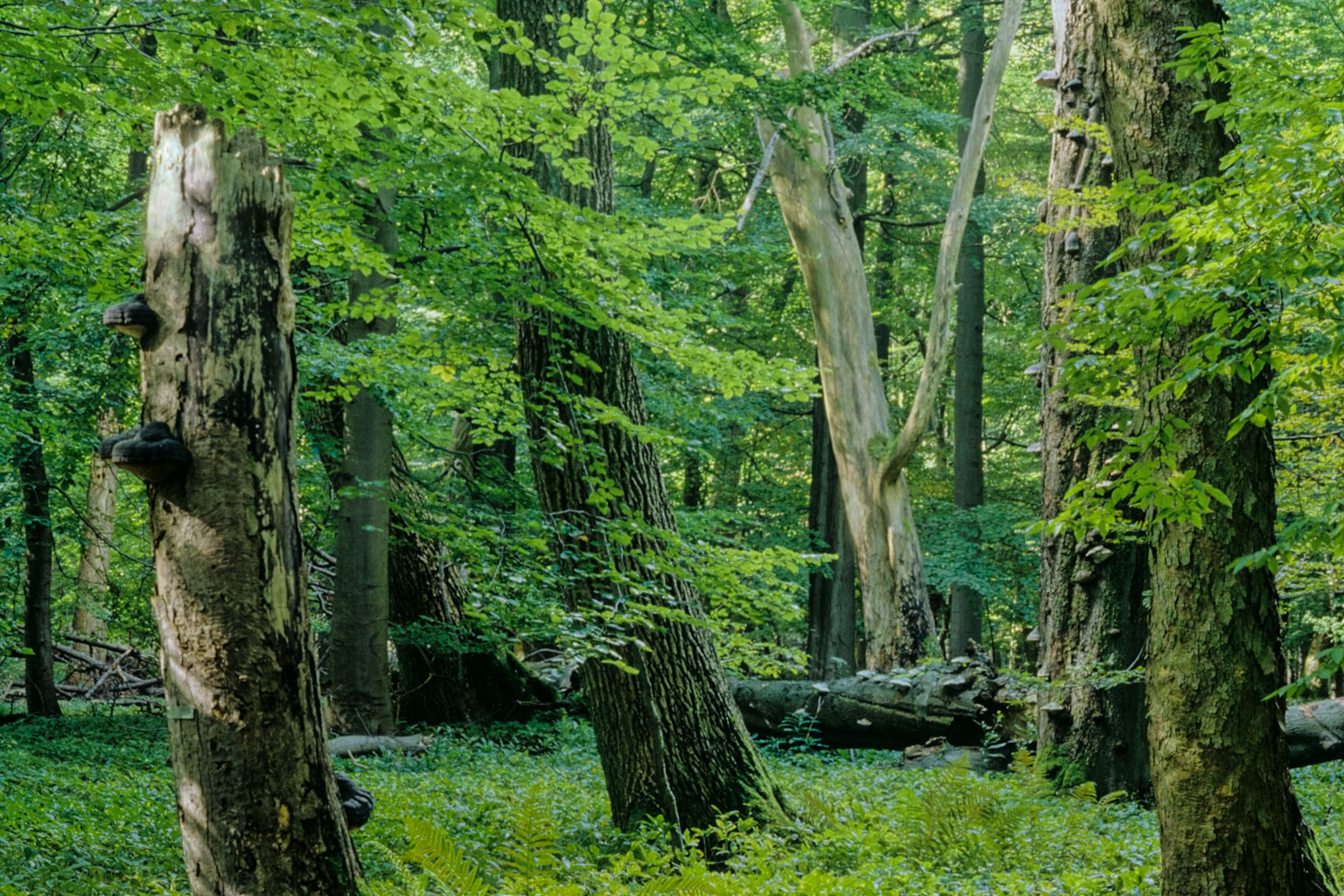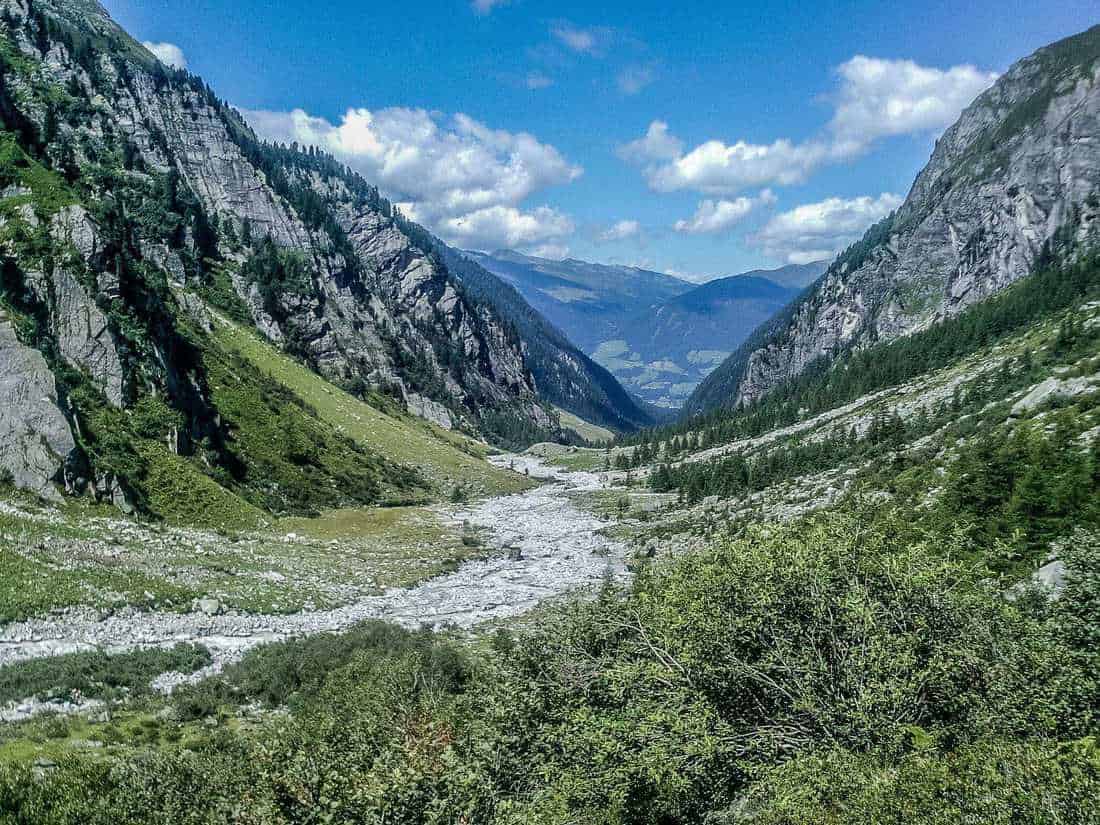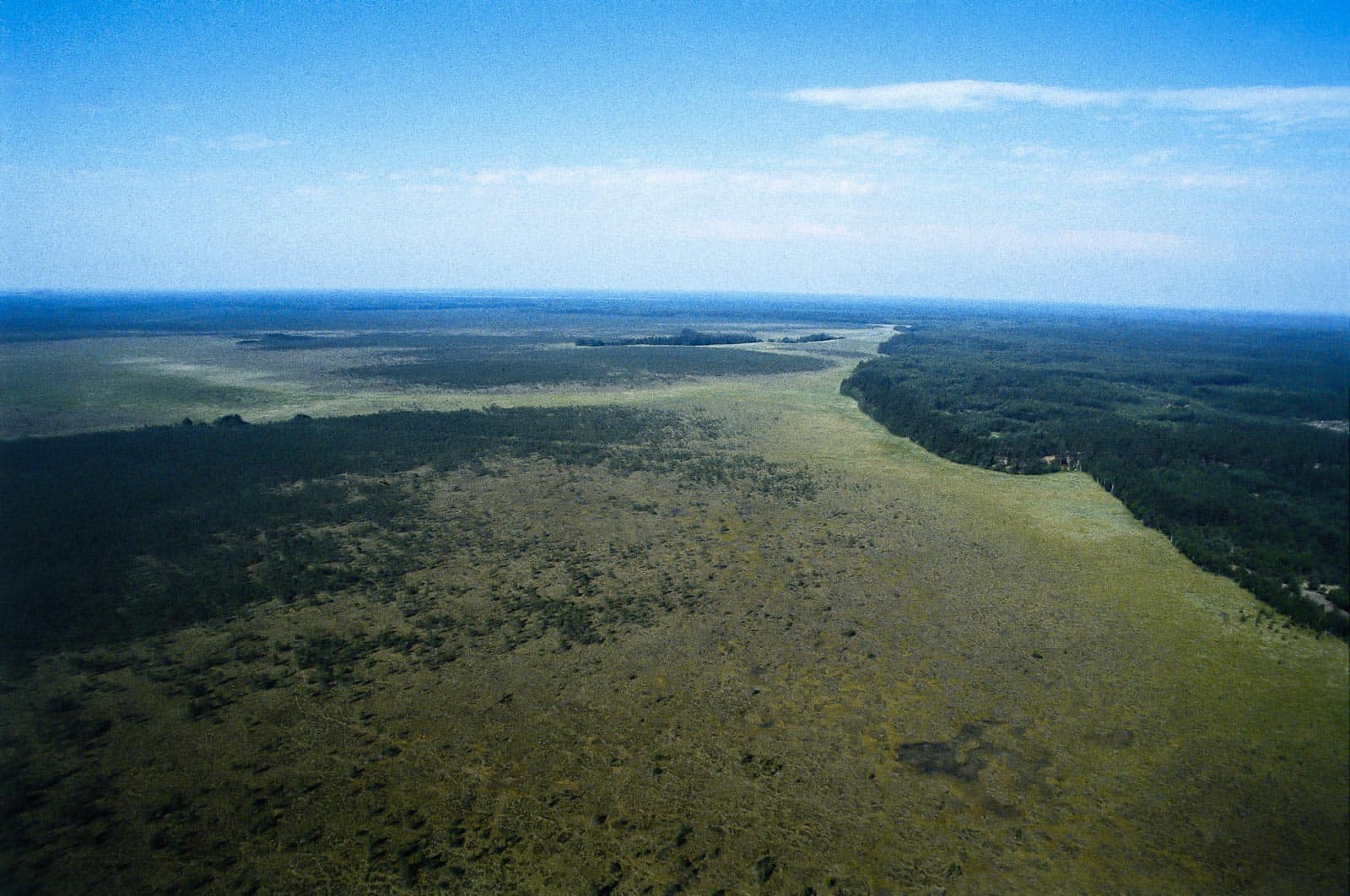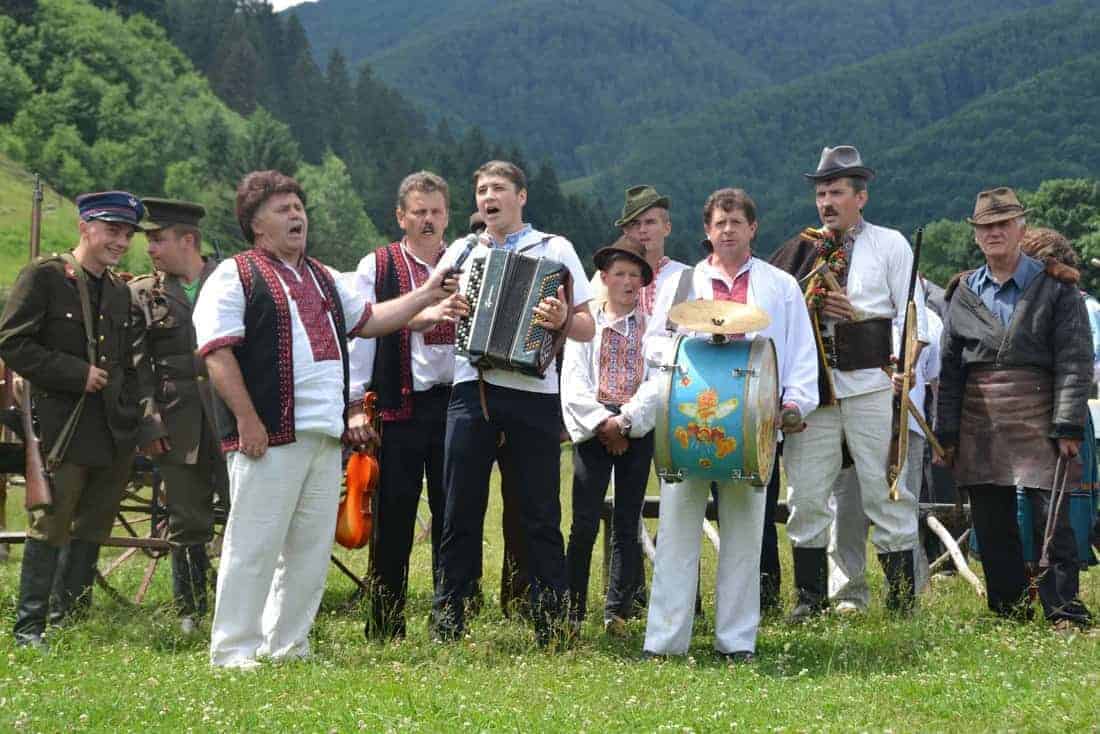How the fall of East Germany improved the world’s biodiversity
Today, 30 years ago, the Berlin Wall that separated the capital city in Western and Eastern Germany fell. Just before the final decline of East Germany, one of the most unique nature reserves was created. On the 12th of September 1990, not even one month before the reunification, the last government meeting decided to place many military training, border and state hunting areas under nature protection.
Please also read: Nature deserves our respect!
Great results for extraordinary people
The key driver of the resolution was the deputy environmental minister Michael Succow. Together with his companions Hans Dieter Knapp and Lebrecht Jeschke he achieved an impressive result. Five National Parks, six Biosphere Reserves and three Nature Parks with a total area of 4 882 km². Which was about 4.5% of Eastern Germany. The areas became well known, such as the National Park Jasmund and the Biosphere Reserve of South-East Rügen, which includes the WILDIsland Vilm and the Western-Pomerania Lagoon Area National Park. And as tourists come to visit these places, new jobs could be established in these regions.
The German reunification was a short phase in which the people where inspired. Suddenly many many things were possible.

The biggest parts of protected area are located in the region of Mecklenburg-Western Pomerania. Nearly one third of Germany’s cranes breed there and half of the sea eagle couples have their aerie there. Other large-scale parts are located in Brandenburg.
Succow Foundation is very successful
Due to his great work, Michael Succow received the “Alternative Nobel Price” in 1997. Today, Michael Succow is one of the major German environmentalists, professor for geobotany and landscape ecology and moor expert. With the prize money he established the Succow Foundation. Today the spatial focus of the international project activities is on the transition countries of the East. However, the Succow Foundation also acts in many other countries all over the world. In Germany, the foundation mainly focuses on the creation of Wilderness, which are areas free from human impacts.
Another fundamental member of the Succow Foundation is the geobotanist and landscape ecologist Hans Dieter Knapp, who is the vice chairman of the foundation. He also initiated the European Beech Forest Network and was the founder of the Island Vilm, where he managed the branch office until his retirement. Several nominations for the UNESCO World heritage took place because of his ongoing initiative. The European Wilderness Society continues to cooperate closely together with Knapp, as part of the European Beech Forest Network, and through interesting projects like Interreg BEECH POWER.
